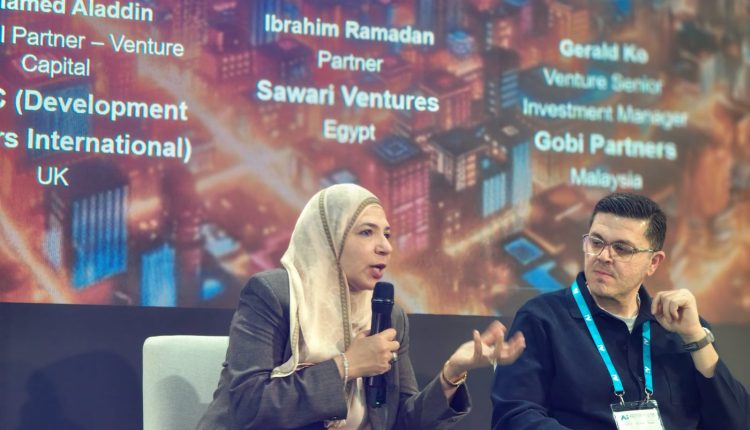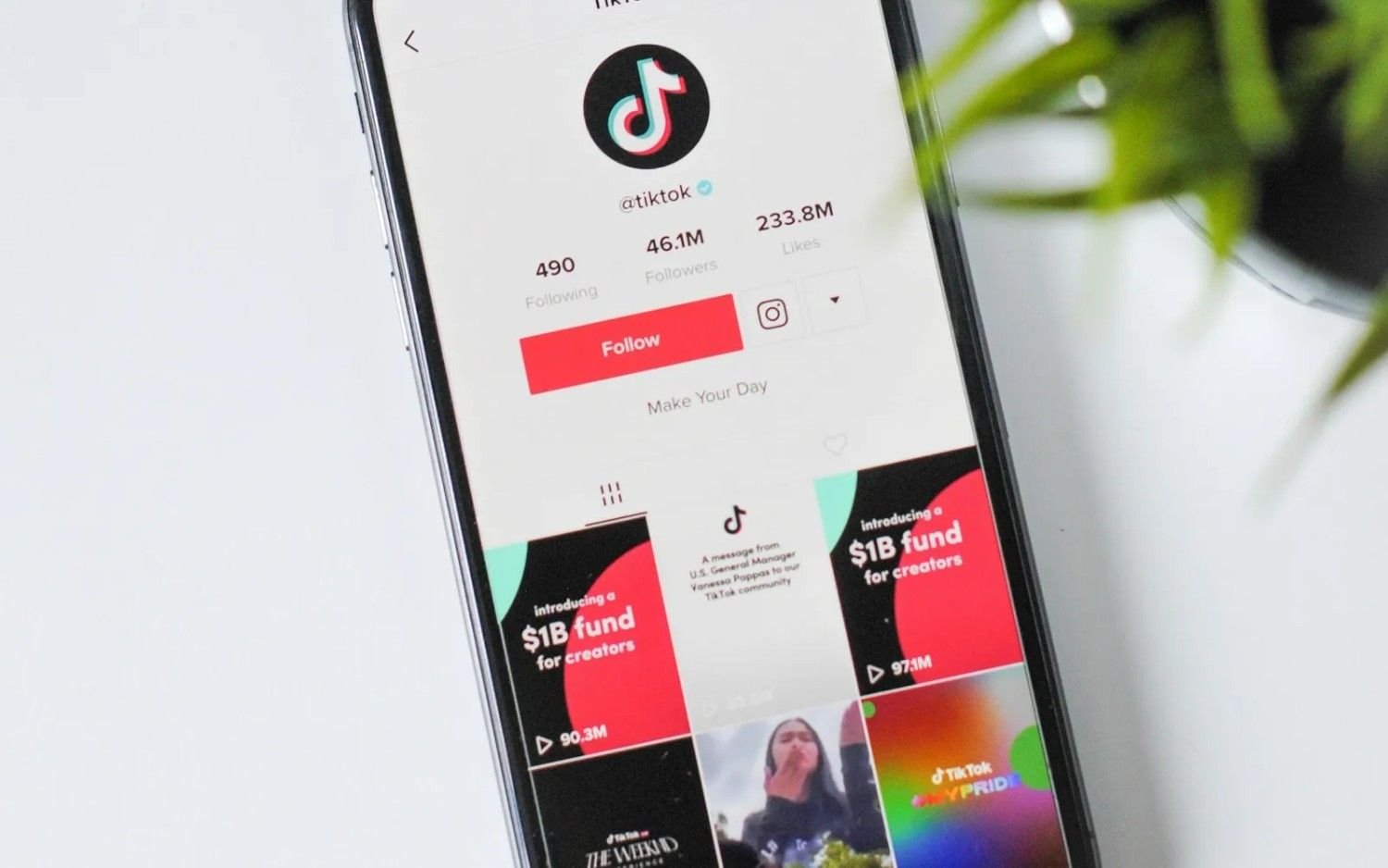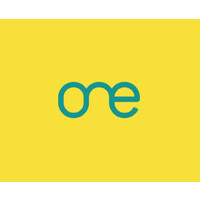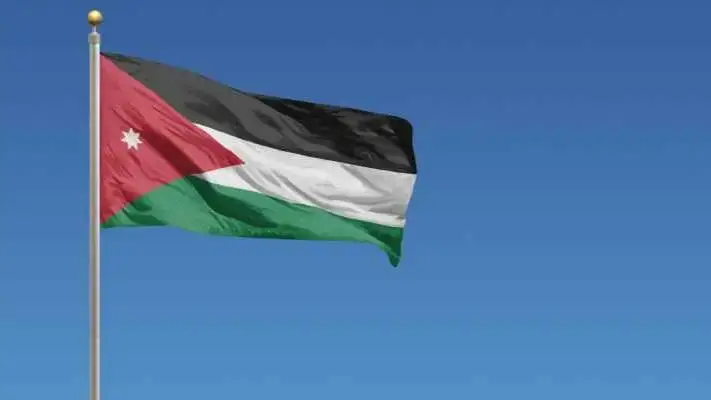In a significant move to assert digital sovereignty and enforce cultural norms, Egypt’s National Telecom Regulatory Authority (NTRA) has issued a stern three-month ultimatum to the global short-form video giant, TikTok. The directive demands that TikTok align its content with Egyptian cultural and ethical values, explicitly addressing the mounting public and governmental backlash against content deemed inappropriate or offensive.
The Regulatory Imperative
The NTRA’s decision comes as a direct response to a growing societal outcry and official complaints regarding content circulating on the platform. The regulatory body emphasized that TikTok must implement stricter content moderation policies to ensure compliance with local traditions, societal values, and ethical standards prevalent in Egypt. Failure to meet these demands within the stipulated three-month period could lead to severe repercussions, including the suspension or complete blocking of TikTok services within the country.
This ultimatum underscores a broader trend in the MENA region where governments are increasingly seeking to regulate online content to reflect national values and protect societal cohesion. Egypt’s strong stance sends a clear message to global tech platforms operating within its borders: adherence to local cultural sensitivities is paramount and non-negotiable.
A History of Content Controversies
The NTRA’s move is not an isolated incident but rather the culmination of a series of content-related controversies involving TikTok in Egypt. Over the past few years, several Egyptian TikTok influencers have faced legal prosecution, and in some cases, imprisonment, on charges related to violating public morality, inciting debauchery, or misusing social media platforms. These high-profile cases have fueled public debate and drawn criticism from various societal segments, including parliamentary members, who have repeatedly called for stringent regulation of online content.
The continuous flow of content perceived as inconsistent with Egyptian values has prompted calls for boycotts and stronger governmental intervention. The NTRA’s ultimatum reflects a decisive step to address these long-standing concerns and assert control over the digital content landscape.
TikTok’s Response and Challenges
TikTok, owned by China’s ByteDance, has previously attempted to address content concerns in various markets, including Egypt. The platform maintains global community guidelines and employs local content moderation teams to enforce these standards. However, the sheer volume of user-generated content and the nuanced interpretation of “cultural values” present a significant challenge for a global platform operating across diverse societies.
The company now faces the arduous task of overhauling its content review mechanisms and potentially localizing its guidelines further to explicitly meet Egypt’s specific demands, all within a tight deadline. How TikTok navigates this regulatory hurdle will set a precedent for its operations in other culturally sensitive markets in the MENA region and beyond.
Implications for Egypt’s Digital Landscape
Egypt represents a significant market for TikTok, boasting millions of users and a vibrant community of content creators. A potential suspension or ban would not only impact the platform’s user base but also affect local influencers who rely on the app for income and audience engagement. Furthermore, this regulatory action could influence other social media platforms operating in Egypt, prompting them to review their own content moderation policies to preempt similar governmental directives.
The outcome of this ultimatum will be closely watched by tech companies, regulators, and digital rights advocates across the MENA region, as it could shape the future of digital content governance in the Arab world.
About TikTok
TikTok is a leading short-form video platform owned by the Chinese technology company ByteDance. It allows users to create and share short videos with music, filters, and other effects. Since its global launch in 2017, TikTok has rapidly grown to become one of the world’s most popular social media applications, with a significant user base across all continents, including a strong presence in the MENA region.
Looking Ahead
The next three months will be critical for TikTok in Egypt. The company must demonstrate tangible efforts to address the NTRA’s concerns, likely through enhanced localization of content guidelines, increased moderation efforts, and potentially new technological solutions to filter content proactively. Should TikTok fail to satisfy the Egyptian authorities, the prospect of a complete ban looms large, setting a powerful precedent for how global tech giants must adapt to local cultural and regulatory frameworks in the MENA region’s rapidly evolving digital sphere.
Source: Meat Ech Watch














